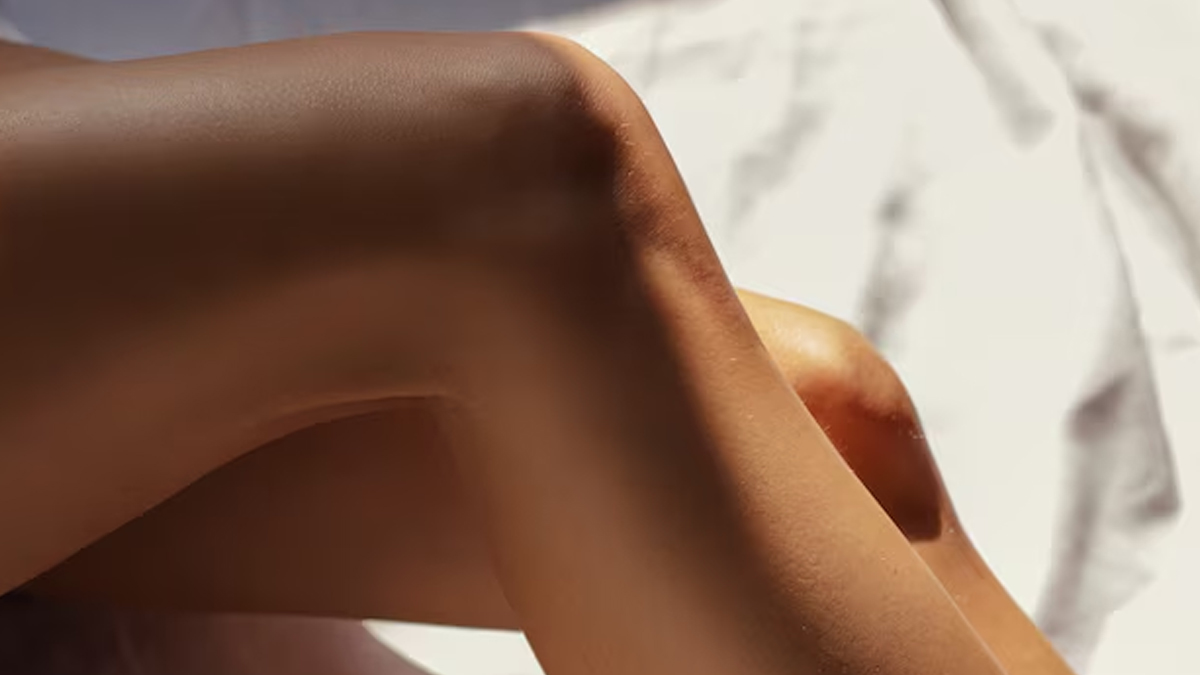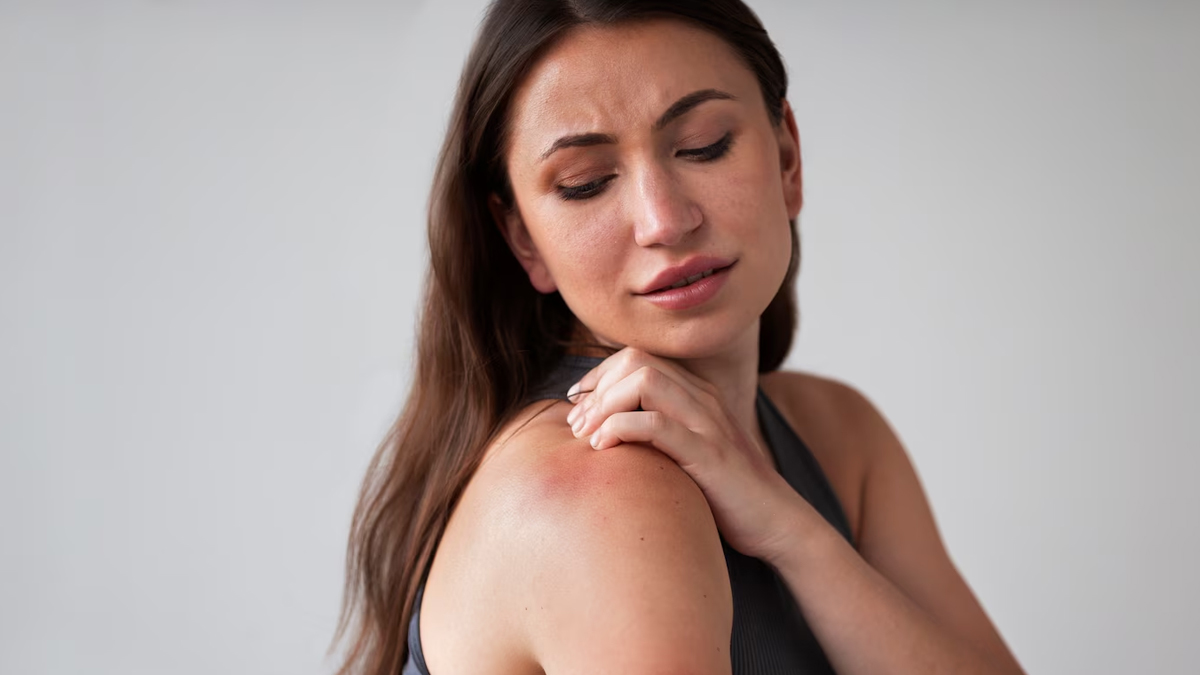Tanning Through Sun Exposure Or Artificial Means Can Harm Your Skin, Says Dermatologist; Potential Risks To Note
You might be surprised to learn that in a world where fair skin is often idealised, there are people who actually prefer having a tanned complexion. Skin tanning is a process where people soak up the sun or lie in an artificial tanning bed to darken their skin tone. This happens due to the exposure to Ultraviolet (UV) radiation.
Some people believe that having a tanned complexion gives their skin a healthy glow, evens out skin tone, and can temporarily mask blemishes like acne or scars. However, experts warn against certain risks that come with excessive tanning. One of our experts, talks about them in detail.

"Tanning, whether through sun exposure or artificial means, can pose several risks to the skin," shares Dr Dhir, adding that the most common issues include sunburn, premature ageing (wrinkles, fine lines, and loss of elasticity), uneven skin tone, and hyperpigmentation.
Over time, repeated tanning damages the skin’s DNA, which weakens its ability to repair itself. This can lead to long-term structural changes, making the skin more prone to sunspots, a leathery texture, and increased sensitivity.
Tanning also accelerates the breakdown of collagen and elastin, the two key proteins responsible for youthful skin.

Tanning, as discussed, refers to the darkening of the skin due to UV exposure from the sun or artificial sources like tanning beds. When your skin is exposed to UV rays, the cells in the skin, called melanocytes, are stimulated, leading to the production of melanin, the pigment that gives skin its colour.
It is believed that melanin acts as a natural sunscreen, offering some protection against further UV damage.
However, excessive tanning can increase a person's risk of skin cancer in the long run. According to the US Food and Drug Administration (FDA), UV radiation can contribute to skin cancer risk in two different ways:
Some of the common skin cancer symptoms to watch out for include:
According to Dr Dhir, both sun tanning and the use of tanning beds are harmful, but tanning beds are often considered even more dangerous. “Tanning beds emit concentrated UVA radiation, which penetrates deeper into the skin than UVB rays from the sun. This exposure significantly increases the risk of skin cancers, especially melanoma, the deadliest form of skin cancer.”
According to a 2009 study published in Current Opinion in Oncology, the use of tanning beds before age 35 increases melanoma risk by up to 75%. Sun tanning, although less concentrated, still poses serious risks if done without sun protection. Neither method is truly safe.

SPF, or Sun Protection Factor, plays a critical role in protecting the skin from harmful UVB rays.
“Using a broad-spectrum sunscreen with SPF 30 or higher can significantly reduce the risk of sunburn, DNA damage, and long-term skin ageing. It does not completely block all UV radiation, but it offers substantial protection when used properly—applied generously and reapplied every two hours,” explains Dr Dhir.
He further adds that it reduces the likelihood of tanning and prevents the skin from triggering the melanin response that causes a tan in the first place. However, no sunscreen is a free pass to spend unlimited time in the sun.
Instead of getting tanned through sun exposure or tanning beds, self-tanning lotions, sprays, and creams that contain dihydroxyacetone (DHA) are widely available and approved for cosmetic use, says Dr Dhir.
According to him, these products react with the outer layer of the skin to create a temporary brown color, mimicking a tan without UV damage. Another option is using bronzing makeup for a temporary glow.
While these alternatives don’t protect against the sun, they are far safer than UV exposure. It's still essential to use sunscreen even when using these products, as they do not provide any sun protection.
While many people love a tanned look, it’s important to understand what your skin goes through to achieve that glow. Tanning, whether from the sun or a salon, can cause lasting damage, from early wrinkles to something as serious as skin cancer. If you still want that bronzed look, there are much safer options that don’t involve harmful UV rays. And no matter what, protecting your skin with sunscreen should always be part of your routine.









